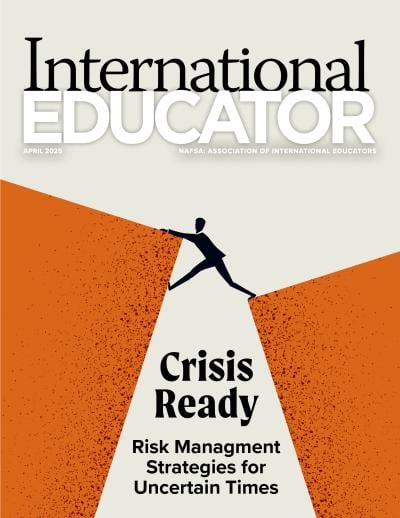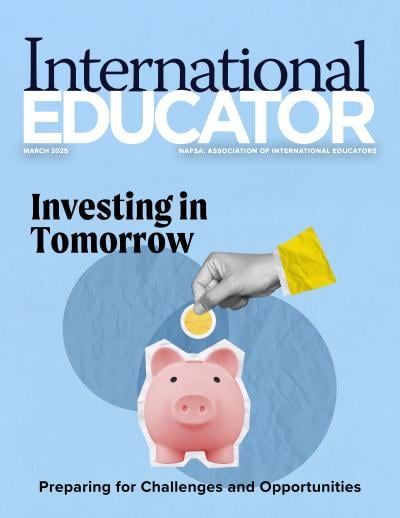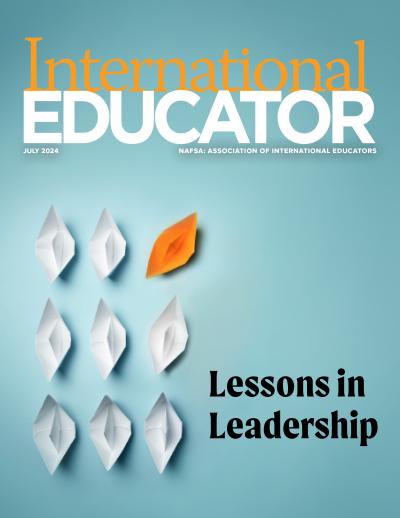Historically Black Colleges and Universities: A 2020 Perspective

Writing in Time magazine about the impact of the pandemic on companies in China, Charlie Campbell states that “the economy won’t be the same as before. Crises act like centrifugal forces—the sturdier and well-positioned institutions can survive, but weaker outliers are likely to be ripped to shreds.”
This is just as apt a characterization for higher education as it is for companies. Indeed, the signs are ominous. Twenty percent of colleges are predicted to face closure, the higher education sector has been downgraded by Moody’s from stable to negative, and staff furloughs and faculty layoffs began months ago.
The scale of this massive economic dislocation, especially for most historically Black colleges and universities (HBCUs), is still not clear, but the brief snapshot offered above portends an even more serious impact than what the rest of higher education may experience. With the exception of institutions such as Spelman College and a few others, HBCUs have a long and well-documented history of financial challenges.
Yet their persistence against the odds speaks to the important role they continue to play in the education of Black students. These institutions continue to award a disproportionate number of academic degrees, particularly in STEM disciplines.
According to the United Negro College Fund, “HBCUs outperform non-HBCU institutions in retaining and graduating first-generation, low-income African American students.” Furthermore, a 2015 Gallup-Purdue poll reported that African-American graduates of HBCUs felt more supported while in college and were more likely to thrive afterward than their counterparts who attended predominantly













